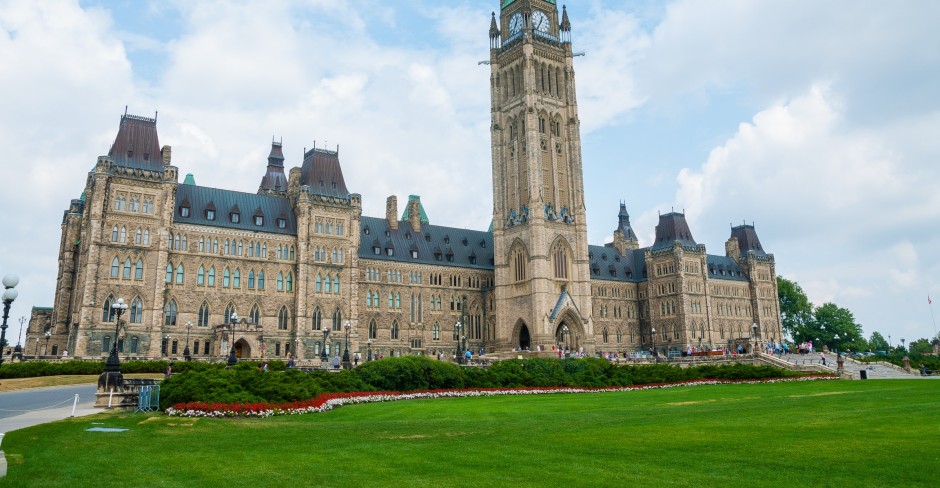11 things Canada should do now to close the Digital Divide for good
Our brief to Parliament’s INDU committee calls on the Canadian government to bridge the vital gap in Internet access as quickly and permanently as possible, and to protect our fundamental rights & freedoms as they weigh technologies to address the pandemic.
This week, OpenMedia submitted a brief to Canada’s Standing Committee on Industry, Science and Technology (INDU), re: the Canadian Response to the COVID-19 Pandemic. You can read the full brief here.
In our submission, we gave straightforward recommendations to the federal government on how to close the gaps in accessible & affordable Internet for everyone in Canada—especially rural and low-income folks—for good. We also outlined how the government can protect our privacy and data when considering any pandemic-response technologies, like contact tracing apps.
We gave 11 urgent recommendations for shaping our COVID-19 response to finally close the Digital Divide. Canada must:
- Move up the timeline to bring 100% of households in Canada online to 50/10 Mbps speeds—by 2025 at the latest.
- Immediately release funding to support high-speed (50/10 Mbps), shovel-ready Internet access projects during COVID-19.
- Require ISPs to offer basic service packages. Every single person in Canada must have a minimum Internet service available to them, regardless of their income bracket, or where they live.
- Hold ISPs to a standard of minimum basic speeds. A built-in accountability mechanism—based on actual measured speeds—must be directed at ISPs to ensure people get the Internet speeds they pay for.
- Make all projects future-proof by investing in long-lasting fibre technologies. DSL and cable—outdated technologies with a much shorter lifespan than fibre—are not going to cut it.
- Ensure all fibre infrastructure is available for wholesale access by third parties. Any party—like independent ISPs and municipalities—should have equal access to any infrastructure funded by the government, by default.
- Don’t rely on centralized fund allocation strategies. Strategies like the Connecting Canadians program bypass accountability to local communities, which has set the projects up for failure in the past.
- Expand the low-income Connecting Families program to include seniors and single people.
- Require ISPs to offer a universal Internet package for low-income Canadians priced at $10/month, with minimum speeds of 50/10 Mbps (increased from the Connecting Families program’s current 10 Mbps minimum).
- Ban Internet service disconnections while COVID-19 social distancing is in place.
- Ban Internet data caps while COVID-19 social distancing is in place.
As the pandemic unfolds, privacy continues to be a serious concern for many people. A lot of us are particularly worried about contact tracing apps and other forms of surveillance or data gathering. In addition to our Digital Divide checklist, OpenMedia also called for 6 steps to ensure our continued privacy & security in our COVID-19 response. The federal government must:
- IF contact tracing tech is used, follow protocols built on the 7 key privacy principles OpenMedia developed with BCCLA, FIPA, ICLMG, and CIPPIC.
- Reject the use of facial recognition tech as part of social distancing enforcement.
- Develop clear laws that limit the use of facial recognition/biometric tech and the data they generate.
- Ban the use of facial recognition/biometric tech until solid privacy laws are in place.
- Root explicit support for ‘strong’ unbreakable encryption on all commonly-used platforms in Canadian law.
- Start reform of PIPEDA and the Privacy Act this year, with ample consultation and opportunities for the voices of the public to be heard.
Want to join the fight? Sign the Get Canada Connected petition today asking the federal government to release a plan to connect our communities now!
Image credit: “Parliament Hill”, by Splash of Rain, licensed under CC0

 Take action now!
Take action now!
 Sign up to be in the loop
Sign up to be in the loop
 Donate to support our work
Donate to support our work